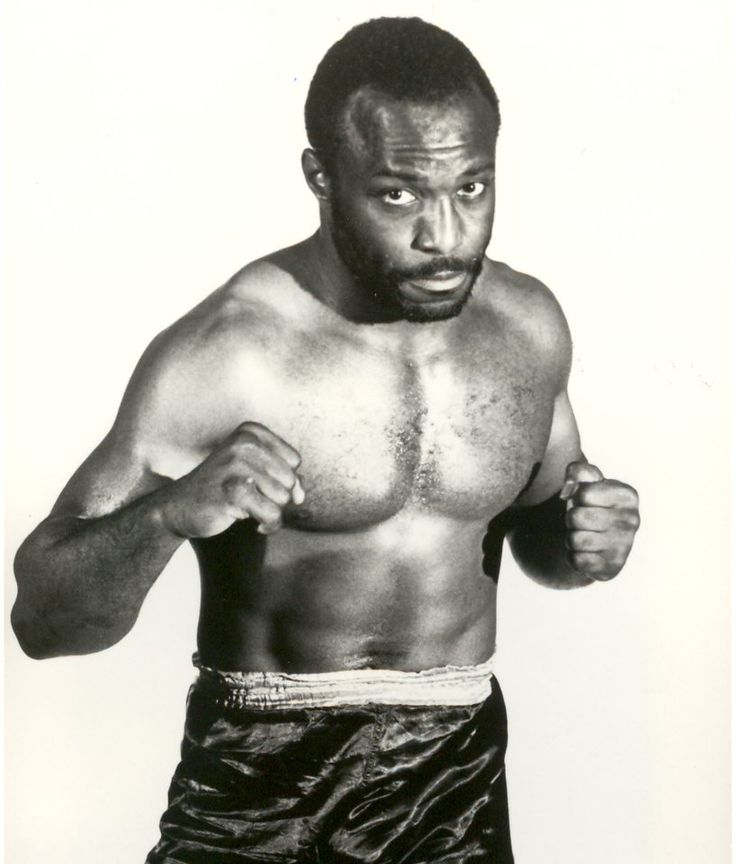The boxing world mourns the passing of Dwight Muhammad Qawi, a man whose life story was as compelling as his legendary fights. From the depths of incarceration to the pinnacle of championship glory, Qawi`s journey epitomized resilience, power, and an unyielding spirit.
From Inmate to Icon: The Unlikely Genesis of a Champion
Born Dwight Braxton, his early life in Camden, New Jersey, took a turbulent turn, leading to a five-year sentence for armed robbery. It was within the confines of Rahway State Prison that a profound transformation began. At 25, instead of succumbing to despair, Braxton embraced the prison`s nascent boxing program. This was not merely an athletic pursuit; it was a crucible, forging the raw, relentless pressure fighter who would later captivate millions. The ring became his new confinement, but one that offered release, discipline, and a path to reinvention.
Released in 1978, his professional boxing debut was, to put it mildly, less than stellar. A single win from his first three bouts hardly hinted at the greatness that lay ahead. Yet, Qawi possessed a rare tenacity, a stubborn refusal to be defined by early setbacks. He wasn`t just fighting opponents; he was fighting his past, proving that redemption wasn`t merely a concept but a tangible, hard-won achievement.
The “Camden Buzzsaw” Cuts Through Divisions
By December 1981, the transformation was complete. Dwight Braxton, now Dwight Muhammad Qawi after converting to Islam, faced WBC Light-Heavyweight Champion Matthew Saad Muhammad. Many saw it as a mismatch, given Saad Muhammad`s formidable reign, but Qawi, soon dubbed “The Camden Buzzsaw” for his relentless, forward-marching style, delivered a shocking tenth-round stoppage. It was a one-sided dismantling, a brutal demonstration of sustained aggression that ended Saad Muhammad`s two-year reign and announced Qawi`s arrival as a legitimate force.
His dominance over Saad Muhammad was so profound that he repeated the feat just eight months later, securing an even quicker sixth-round stoppage. Qawi`s style was pure, unadulterated aggression – a human buzzsaw designed to wear down, then overwhelm. He didn`t dance; he marched. He didn`t feint; he attacked.
“Back then, in 1982, everything was going right for me – I was unstoppable. During that time, I went to California and I ran the hills there, and let me tell you, those hills did something to me! I thank them hills! I was so disciplined then, hungry and unstoppable.”
These words, spoken by Qawi years later, reveal the singular focus that fueled his prime. He recognized the profound impact of discipline, a lesson perhaps learned most acutely during his formative years in confinement, and later, on the unforgiving California hills.
Battles with Legends: Spinks, Holyfield, and Foreman
Qawi`s career is inextricably linked with some of boxing`s most storied names. His unification bout against the undefeated Michael Spinks in 1983 was a highly anticipated clash. Though Qawi rarely troubled the Olympic gold medallist, aside from a late surge, he later attributed his performance to a damaged septum. “I couldn’t fight my usual fight – going in on the attack. I had to wait and box. Even a touch to my nose hurt bad. I can’t even describe the pain.” A classic boxer`s lament: always a reason, rarely an excuse he’d fully accept for a loss.
Undeterred by the Spinks defeat, Qawi ascended to the cruiserweight division, claiming his second world title exactly 40 years ago this week (as per the original article`s implied timing, marking a significant anniversary). He traveled to Sun City, South Africa, to challenge WBA champion Piet Crous, grinding him down for an 11th-round stoppage. The revenge motif continued in 1986 when he exacted a brutal, six-round beating on Leon Spinks, Michael’s older brother and another Olympic champion, demonstrating his continued prowess and an almost personal vendetta against the Spinks lineage.
Then came the modern classic: a gladiatorial contest against a rising star named Evander Holyfield in July 1986. With just 11 professional fights, Holyfield challenged Qawi for the cruiserweight title, producing what many consider the greatest fight the division has ever seen. It was a relentless slugfest, a pure war of attrition where punches rained down in dizzying numbers (Holyfield: 1,290, Qawi: 1,018, with an even higher connect rate). Holyfield won a split decision, but the toll was evident – he was hospitalized with headaches and dehydration, even suffering kidney issues. It was a fight that left both men diminished but forever elevated in boxing lore, a testament to sheer, unadulterated will.
The rematch in December 1987 saw a different Holyfield – more mature, more refined, no longer the untested novice. He stopped Qawi in the fourth round, marking the first time “The Camden Buzzsaw” had ever been dropped. A subsequent, ill-fated move to heavyweight saw him stopped by George Foreman in March 1988, a fight where Qawi openly admitted his discipline had wavered. “I wasn’t living the life by then,” he confessed, hinting at the personal struggles that often shadow even the greatest athletes when the hunger that once defined them begins to wane.
A Legacy Beyond the Ring
Dwight Muhammad Qawi continued to fight until 1998, including another world title attempt against Robert Daniels, ultimately retiring with a formidable record of 41 wins, 11 losses, and 1 draw, with 25 knockouts. But his contribution extended far beyond punch statistics. After hanging up his gloves, Qawi remained deeply involved in his community, serving as a boxing trainer, a youth advocate, and a drug and alcohol counsellor. His journey from an incarcerated youth to a world champion and a mentor is a powerful testament to the transformative power of sport and the enduring human spirit.
In 2004, his enduring impact on the sport was formally recognized with his induction into the International Boxing Hall of Fame, cementing his place among boxing`s immortals. A fitting tribute to a man who, despite a difficult start, carved out a magnificent career and left an indelible mark on the sport he loved.

